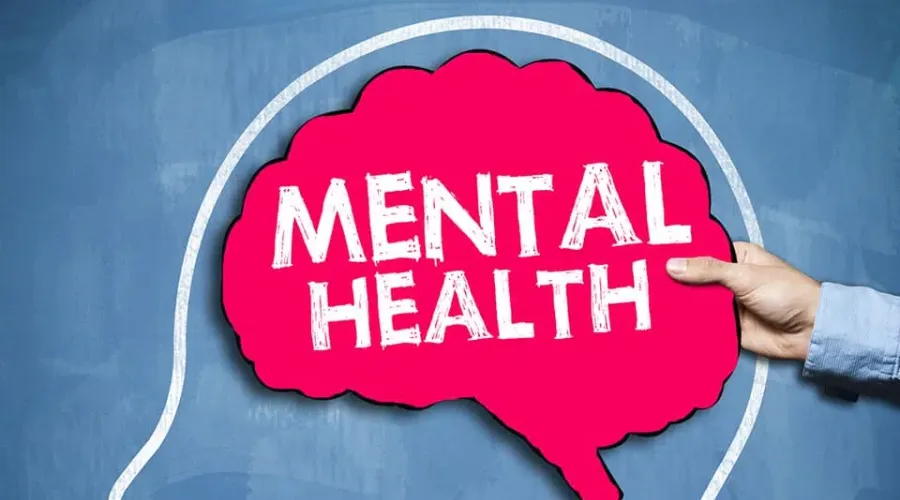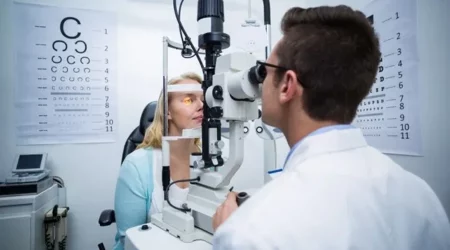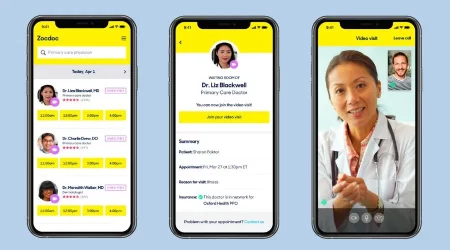In the vibrant city of Austin, Texas, where live music and food trucks thrive, the pursuit of happiness and well-being takes center stage. Yet, like in any bustling metropolis, life’s challenges can take a toll on your mental health. Stress, anxiety, relationship issues, and personal growth hurdles are part of the journey. In this comprehensive guide, we’ll explore the world of therapists in Austin, helping you understand why mental health is crucial, the types of therapists available, how to choose the right therapist, and where to find them. Let’s set out on a journey to greater mental health.
The significance of mental health
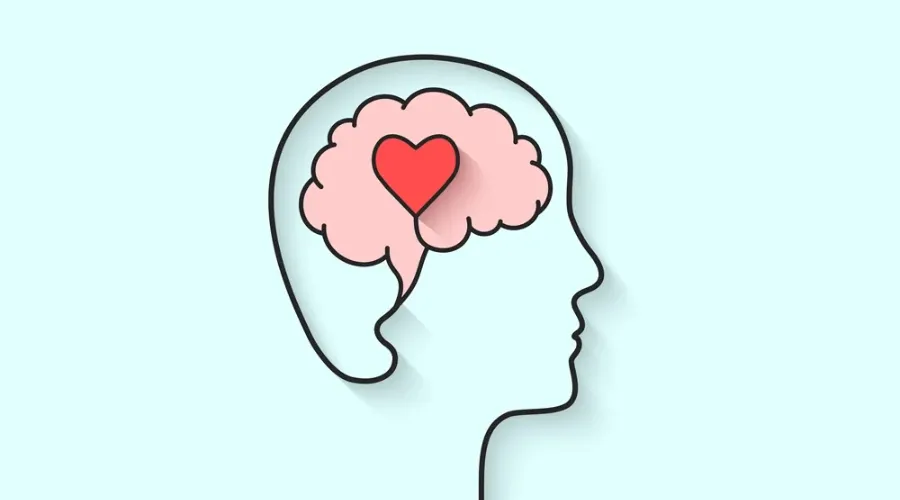
Mental health and its impact
Mental health isn’t an abstract concept; it’s an integral part of our lives. It influences our thoughts, emotions, behaviors, and overall well-being. Positive mental health allows us to cope with life’s challenges, build resilient relationships, and pursue our dreams with confidence.
In Austin’s dynamic environment, where creativity and innovation thrive, it’s essential to acknowledge the importance of mental well-being. The city’s fast-paced lifestyle, cultural diversity, and entrepreneurial spirit bring both opportunities and stressors. Thus, nurturing mental health is a crucial aspect of living a fulfilling life in Austin.
Breaking down the stigma
Despite growing awareness, stigma still surrounds seeking mental health support. It’s vital to remember that seeking therapy is an act of strength, not weakness. In Austin, as in many places, efforts are ongoing to break down these stigmas and promote mental health as an essential part of our lives. By seeking help when needed, individuals contribute to a healthier, more compassionate community.
Austin’s mental health landscape
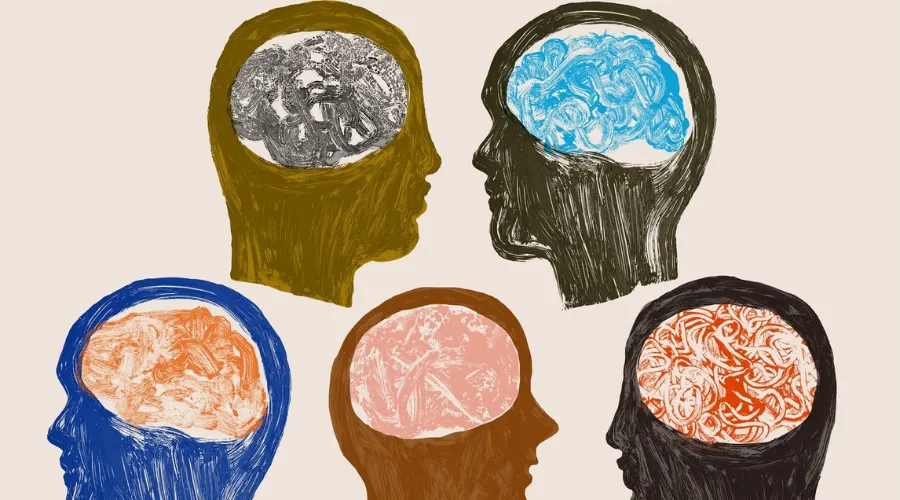
A unique blend of challenges
Austin’s dynamic lifestyle, with its thriving tech scene, cultural diversity, and active social scene, creates a unique set of challenges. The city’s rapid growth can bring both opportunities and stressors, making mental health care a valuable resource for its residents.
The pressures of daily life, whether related to work, relationships, or personal aspirations, can take a toll on mental well-being. Austin’s residents often find themselves juggling the demands of a fast-paced environment with the need for self-care and emotional support.
Therapists as mental health architects
Therapists in Austin play a vital role in supporting the mental health and well-being of the community. They provide a safe and confidential space for individuals and couples to explore their thoughts, emotions, and behaviors. Whether it’s managing anxiety, improving relationships, or addressing trauma, therapists offer expert guidance and support.
The diverse world of therapists in Austin
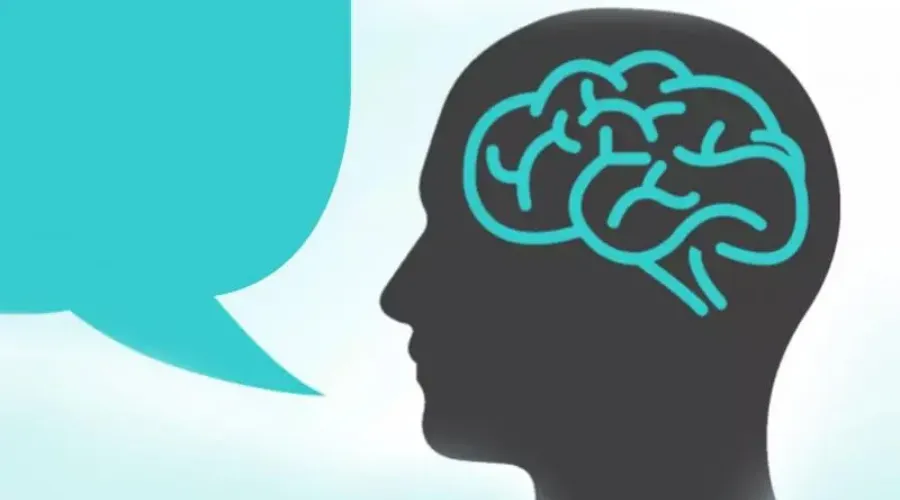
Austin boasts a diverse array of therapists, each with their own specialties and qualifications. Understanding the various types of therapists can help you make an informed choice based on your specific needs.
Licensed Professional Counselors (LPC)
Licensed Professional Counselors (LPCs) are trained to diagnose and treat a wide range of mental health issues. They often specialize in areas such as depression, anxiety, and stress management.
Clinical psychologists
Clinical psychologists have extensive training in psychological assessment and treatment. They work with individuals of all ages and often have specialties in areas like child psychology or trauma therapy.
Marriage and Family Therapists (LMFT)
Marriage and Family Therapists (LMFTs) focus on relationships and family dynamics. They help couples and families navigate challenges and improve communication.
Psychiatrists
Physicians who specialize in mental well-being are known as therapists. They can prescribe medication and provide therapy, making them suitable for complex cases.
Licensed Clinical Social Workers (LCSW)
Licensed Clinical Social Workers (LCSWs) offer therapy and case management services. They often work with individuals facing issues such as addiction or trauma.
Specialized therapists
Many therapists in Austin specialize in specific areas, such as LGBTQ+ issues, addiction, or grief counseling. Finding a therapist with expertise in your area of concern can be highly beneficial.
Choosing your Therapist: A personal journey
Selecting the right therapist is a personal journey. You can take the following actions to make an informed choice:
Self-assessment: Know your needs
Take time to reflect on your specific concerns and goals for therapy. Understanding what you hope to achieve will guide your search.
Researching therapists
Look for therapists who specialize in your area of concern. You can use online directories, such as Zocdoc, to find therapists in Austin who match your criteria.
Reading reviews: Insight from others
Reviews and testimonials from previous clients can offer valuable insights into a therapist’s approach and effectiveness.
Compatibility matters: The initial consultation
Many therapists offer initial consultations. Use this opportunity to assess your comfort level with the therapist and determine if you have a good rapport. The therapist-client relationship is a significant factor in the success of therapy, so feeling at ease and understanding is crucial.
Where to find therapists in Austin
Discovering the right therapist involves considering various sources:
1. Online directories
Websites like Zocdoc provide a comprehensive list of therapists in Austin, complete with profiles, specialties, and patient reviews. These directories make it convenient to explore your options from the comfort of your home.
2. Recommendations from trusted sources
Ask for recommendations from trusted friends or family members who have had positive experiences with therapists. Personal referrals can provide valuable insights and help you feel more confident in your choice.
3. Mental health clinics and hospitals
Many clinics and hospitals in Austin offer mental health services. These institutions often have a range of therapists and resources available. It’s a good idea to inquire about their services and any potential wait times for appointments.
4. University clinics and research centers
Universities in Austin, including the University of Texas, have mental health clinics that provide therapy services at reduced costs. These clinics are often staffed by graduate students under the supervision of experienced licensed therapists, making them an affordable option for those on a budget.
Financial considerations: The cost of therapy
Understanding the cost of therapy and exploring options for financial assistance can make mental health care more accessible.
Health insurance coverage
Check together with your wellbeing protection supplier to get your scope for mental health services. Many plans include coverage for therapy, but it’s essential to confirm the details of your policy, such as copayments and deductibles.
Sliding scale fees
Some therapists offer sliding scale fees based on your income. This means that the cost of therapy is adjusted to your financial situation, making it more affordable for individuals with limited financial resources.
Nonprofit and low-cost clinics
Austin has Non-profit Organizations (NGO’s) and low-cost clinics that provide mental health services at reduced rates or for free. These organizations often prioritize serving underserved populations and can be an excellent resource for those facing financial challenges.
Employee Assistance Programs (EAPs)
Employers often offer EAPs that provide access to therapy and counseling services for employees and their families. If you’re employed, check with your HR department to see if your company offers this benefit.
Your first step toward mental wellness
Once you’ve chosen a therapist, it’s time to embark on your therapeutic journey:
1. Booking your initial appointment
Contact the therapist’s office to schedule your first appointment. Be prepared to discuss scheduling options and any questions you may have. Some therapists offer flexible hours, including evenings and weekends, to accommodate busy schedules.
2. Preparing for the first session
Before your first session, take some time to jot down your thoughts and concerns. This can help you articulate your goals and get the most out of therapy. It’s natural to feel a mix of emotions before your first session, including anticipation and perhaps a bit of nervousness. Remember that therapy is a safe and supportive space to explore your thoughts and feelings.
3. What to expect during therapy
During therapy, you’ll engage in conversations with your therapist. Therapy is a collaborative process, and your therapist will guide you in exploring your feelings, thoughts, and behaviors. You’ll have the opportunity to discuss your concerns, set goals, and work together to develop strategies for addressing the challenges you’re facing.
Resources beyond therapy
In addition to individual therapy, there are various resources available in Austin to support your mental health:
Crisis helplines
If you’re in crisis or need immediate support, numerous helplines are available 24/7. The National Suicide Prevention Lifeline, for example, provides confidential support for individuals in distress. Don’t hesitate to reach out if you or someone you know is experiencing a crisis.
Support groups
Consider joining support groups that focus on specific issues, such as addiction recovery, grief support, or LGBTQ+ community support. Support groups offer a sense of community and understanding, and they can be a valuable complement to individual therapy.
Self-help books and apps
Explore self-help books and mobile apps that offer tools and strategies for managing your mental health. These resources can be particularly helpful for individuals who want to supplement their therapy with additional support between sessions.
Community centers
Austin’s community centers often host events, workshops, and programs aimed at promoting mental wellness and community engagement. These activities provide opportunities to connect with others and engage in activities that contribute to your overall well-being.
Conclusion
Embracing mental well-being is a significant step toward leading a fulfilling life in Austin’s dynamic environment. Zocdoc is dedicated to helping individuals like you navigate life’s challenges, improve mental health, and achieve personal growth. Remember that seeking therapy is a brave and positive choice, and it’s never too late to prioritize your mental well-being. Whether you’re addressing stress, anxiety, relationship issues, or simply seeking personal growth, therapists in Austin are here to support you on your journey to a healthier, happier life. Your path to mental well-being begins with taking that first step—reaching out for the help and support you deserve. For more information on therapists in Austin, visit Savewithnerds.




